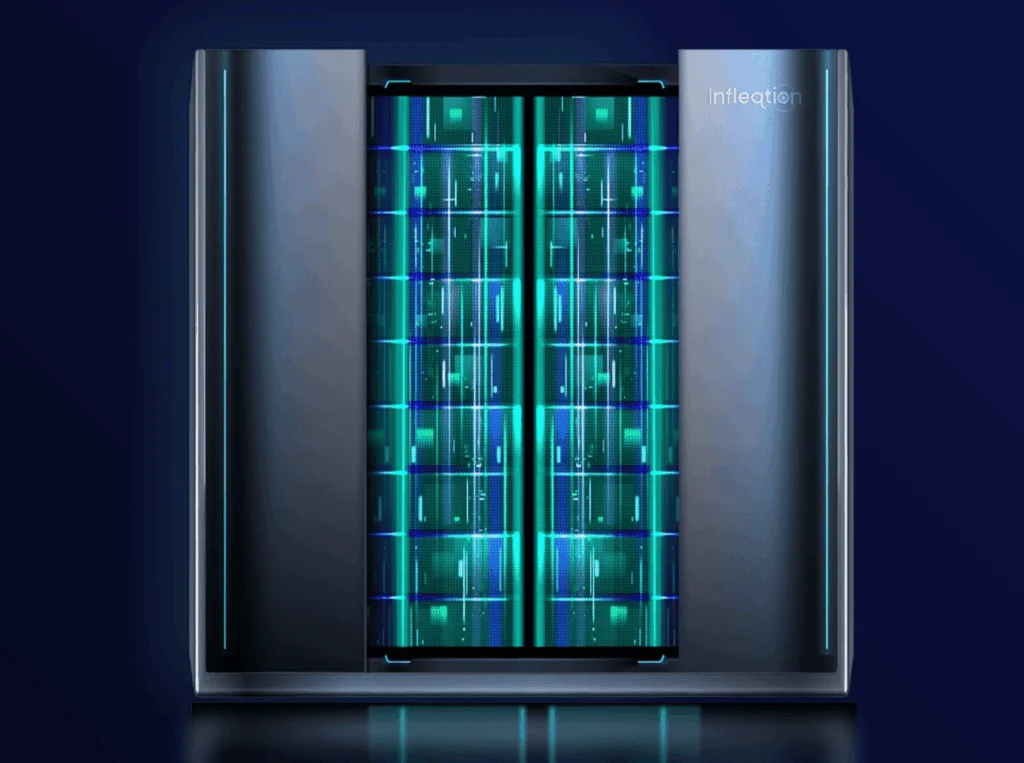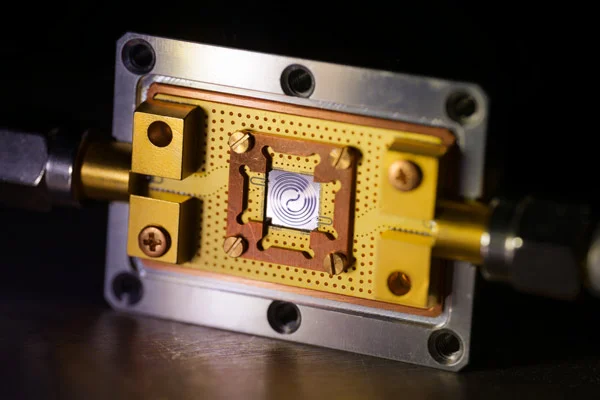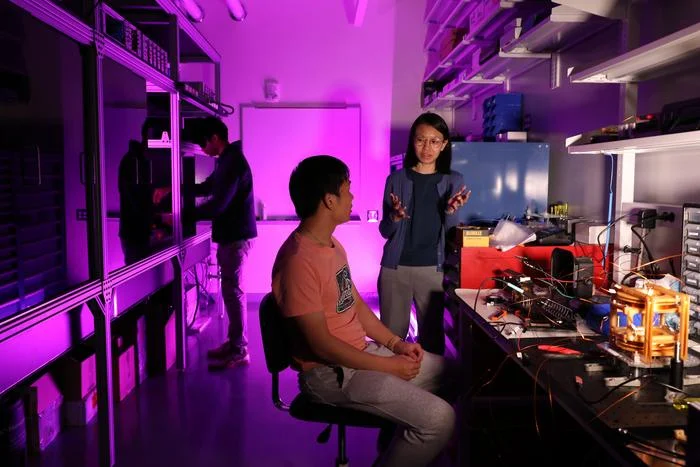Insider Brief
- Xanadu and HyperLight have achieved a milestone in photonic quantum computing by demonstrating ultra-low-loss thin-film lithium niobate (TFLN) photonic chips suitable for commercial-scale quantum hardware.
- The joint effort yielded waveguide losses below 2 dB/m and electro-optic switch losses of just 20 milli-decibels, among the lowest ever reported for photonic quantum computing applications.
- Fabricated in a high-volume semiconductor facility, the chips support Xanadu’s roadmap toward utility-scale quantum computers and build on the success of its Aurora fibre-networked quantum system.
PRESS RELEASE — Xanadu, the leading photonic quantum computing company and HyperLight, creator of the TFLN Chiplet™ platform, have achieved through a joint effort a significant breakthrough in the development of thin-film lithium niobate (TFLN) photonic chips that demonstrate superior performance metrics. These advancements are crucial for overcoming current limitations in scaling photonic quantum hardware.
Through dedicated fabrication process development, Xanadu and HyperLight have demonstrated waveguide losses below 2 dB/m in TFLN. The corresponding switch loss is approximately 20 milli-decibel (mdB), one of the lowest loss values ever reported for an electro-optic switch serving photonic quantum computing applications. Crucial to the demanding needs of a future utility-scale quantum computer, this result was performed in a high-volume semiconductor production facility capable of fabricating wafers at the volumes required for commercial photonic quantum computing.
“Our long-standing collaboration with HyperLight has been instrumental in achieving our hardware roadmap,” said Zachary Vernon, CTO of Hardware at Xanadu. “The unprecedented performance we’ve achieved with these new photonic chips sets a new benchmark for performance in the industry and brings us closer to delivering utility-scale photonic quantum computers.”

Xanadu has been at the forefront of quantum computing, recently demonstrating the world’s first fibre-networked photonic quantum computer, Aurora. Aurora showcased the scalability and networkability of Xanadu’s architecture for a photonic quantum computer, and leveraged the advanced TFLN Chiplet™ platform from HyperLight. This latest achievement with HyperLight builds on the foundational successes that led to the Aurora demonstration by providing ever higher performing chips necessary for future generations of photonic quantum computers.
“This achievement of HyperLight and Xanadu is an example of the breadth of impact of TFLN technology,” said Mian Zhang, CEO of HyperLight. “Synergized with high-volume datacom and telecom applications, HyperLight’s TFLN Chiplet Platform is uniquely designed to enable unprecedented performance and applications like quantum computing which our partner Xanadu is pursuing.”
This breakthrough is a testament to the importance of collaboration in driving the rapid progress required to unlock the potential of quantum computing. It also marks another significant milestone in Xanadu’s hardware development this year and further reinforces its position as a global leader in quantum hardware.















